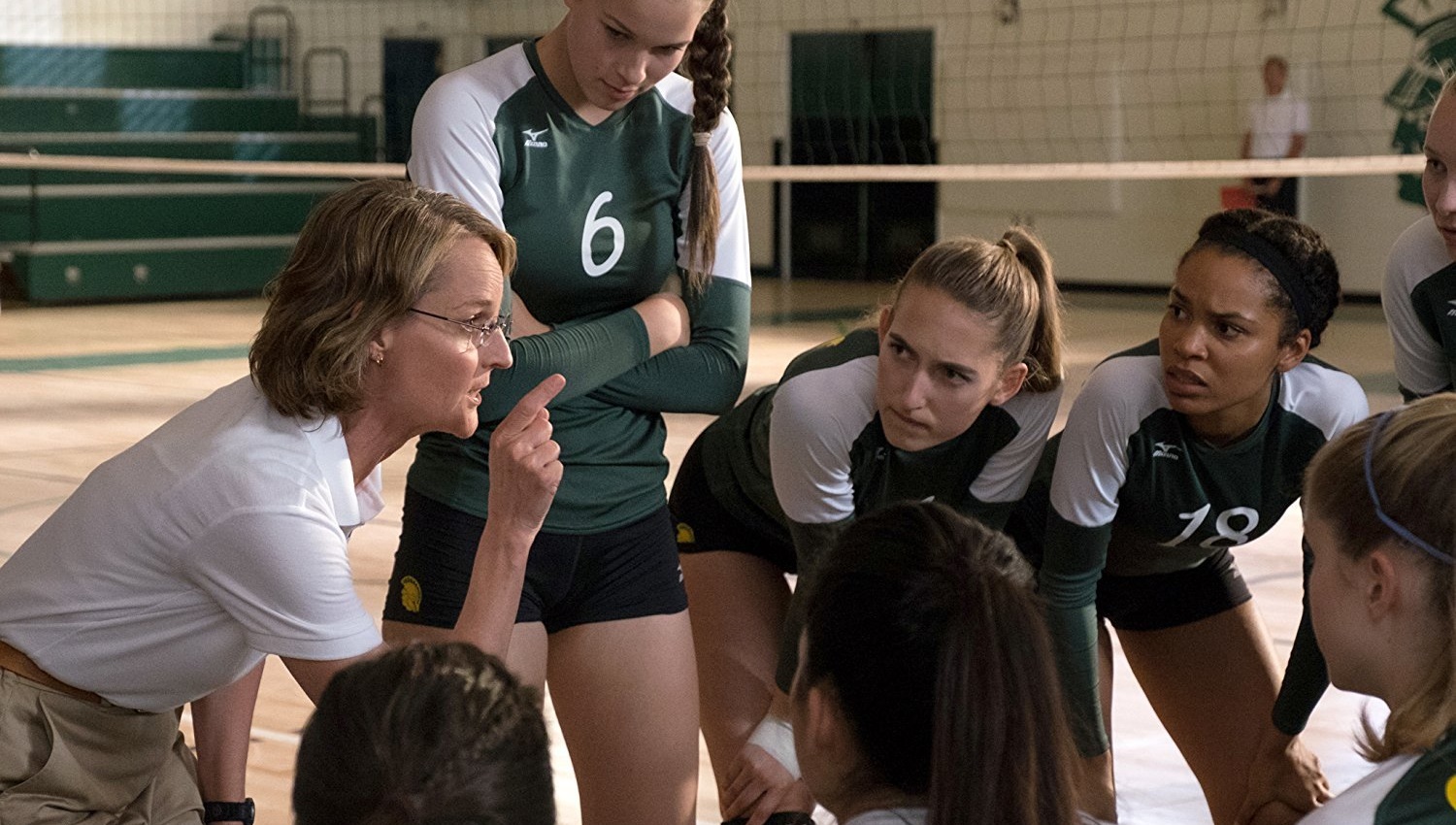
The Miracle Season
Dustin Chase
As formulaic sports films go, The Miracle Season might be the first mainstream movie to focus on the sport of volleyball. However, if you have seen any decent sports film, you already know it’s never about a specific sport. Director Sean McNamara is no stranger to these PG rated feel good family flicks, in fact he has built a career on them: Spare Parts, Soul Surfer, Raise Your Voice. The theme for this one is “healing” and through the loss of life, a group of high school girls create an anomaly in the sports world worth making a movie about. The big draw here is a return to film for Oscar winner Helen Hunt (As Good As It Gets). Her role as the coach is slightly different than the norm and it’s also outside the general realm of characters we’ve seen her play.
Two inseparable best friends, incoming freshmen and star champions from last years state win prepare to play their final season of West High volleyball. Caroline ‘Line’ Found (Yarosh) is the team captain and their biggest cheerleader. Her unstoppable energy on and off the court gives her terminal mother Ellyn (Jillian Fargey) strength. However, a tragic accident claims Caroline’s life, leaving the town, the team and best friend Kelly (Moriarty) devastated. In an attempt to help all affected heal, the social anxiety ridden coach Kathy Bresnahan (Hunt) pushes hard for the young girls to get back on the court. “Win for Line” becomes their motto as they struggle to take back a new season they are already losing.
Never reaches for originality here and the sport of volleyball in mainstream film for the first time doesn’t feel that different from any other sport.
We are introduced to vibrant young girls who can’t stop talking and bouncing around the screen. It’s a pace that ends abruptly when predictable tragedy strikes. The slow wave goodbye on a moped might as well flash catastrophe across the screen for all the subtly it lacks. The script explores the guilt from all the major characters points of view, then we shift into the healing process. The Miracle Season certainly aims to make the audience cry, but only makes that connection thanks to the investment with Hunt’s character and performance. I have no doubt that Hunt’s expertise in front of and behind the camera helped elevate this project.
As every pop-song plays throughout the endless montages of tournaments, The Miracle Season follows a predictable formula seen in sports films for decades. It’s a formula that works for mainstream audiences seeking simplistic triumphs, but you can see this conclusion coming from the opening credits. William Hurt is also essential to the success of the picture. Hurt as the father suffering through insurmountable loss adds another layer of emotion and courage to the film. McNamara never reaches for originality here and the sport of volleyball in mainstream film for the first time doesn’t feel that different from any other sport.
Final Thought
Hunt and Hurt’s performance elevate this formulaic sports film slightly above the stereotype.
